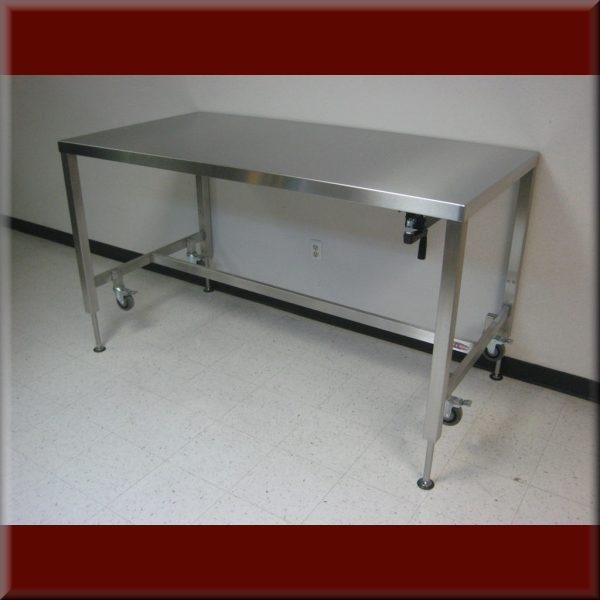In warehousing and logistics, efficiency and organization are key to maintaining smooth operations. One of the most versatile and essential tools is the industrial cart, which has been in use for several decades dating back to the 1960s. Modern variants of this cart come in various designs and serve multiple purposes, significantly enhancing productivity and safety within warehouses. Let’s take a look at the critical roles industrial carts have inside warehousing operations.
● They reduce operational costs
Investing in industrial carts can lead to significant cost savings over time. By improving efficiency and reducing the risk of workplace injuries, carts help lower labor costs and healthcare expenses. Moreover, their durability ensures that they can withstand the rigors of daily use, providing a long-term solution for material handling needs.
● Supporting Ergonomic Practices
Ergonomics is crucial in designing safe and efficient work environments. Industrial carts are often adjustable and can be tailored to fit the specific needs of the task and the worker. For example, height-adjustable carts can be set to the optimal height for different workers, reducing the need to bend or reach excessively. This adaptability helps create a more comfortable and productive work environment.
● Facilitating Lean Manufacturing Practices
Lean manufacturing is a term that refers to more efficiency and waste reduction while manufacturing, and industrial carts are instrumental in achieving these goals. By enabling quick and efficient transportation of materials, carts help minimize downtime and reduce the movement of goods. This efficiency supports just-in-time inventory practices, where materials are delivered exactly when needed, reducing excess inventory and storage costs.
● Enhancing Organization and Inventory Management
Industrial carts can be customized with shelves, bins and compartments, helping warehouses keep inventory organized and easily accessible. This organization is critical for efficient inventory management. Workers can quickly find and transport the items they need, reducing downtime and improving overall productivity. Carts can also be labeled or color-coded to streamline processes further and ensure that items are returned to their correct locations.
● Improves worker safety
Safety is a top priority in any warehouse. Industrial carts play a significant role in reducing workplace injuries by minimizing the need for workers to lift and carry heavy loads manually. Ergonomically designed carts help prevent strains, sprains and other injuries associated with manual handling. Additionally, using carts reduces the risk of accidents caused by dropping or mishandling heavy items.
● Versatility in Applications
Industrial carts are incredibly versatile and can be adapted to various tasks within a warehouse. Some common types of industrial carts in use include:
● Platform Carts: Used for transporting large and heavy items.
● Utility Carts: Versatile for carrying smaller loads and tools.
● Shelf Carts: Ideal for organizing and moving smaller items or parts.
● Hand Trucks: Perfect for moving boxes and other heavy items.
This versatility allows warehouses to use carts for a wide range of tasks, from stocking shelves to transporting finished goods to the shipping area.
Conclusion
Industrial carts are indispensable in warehouse operations, contributing to efficiency, safety, and organization. Their versatility and adaptability make them suitable for a wide range of tasks, from transporting heavy loads to organizing inventory. As warehouses continue to evolve and face new challenges, the role of industrial carts in maintaining smooth, efficient workflows will remain critical.



